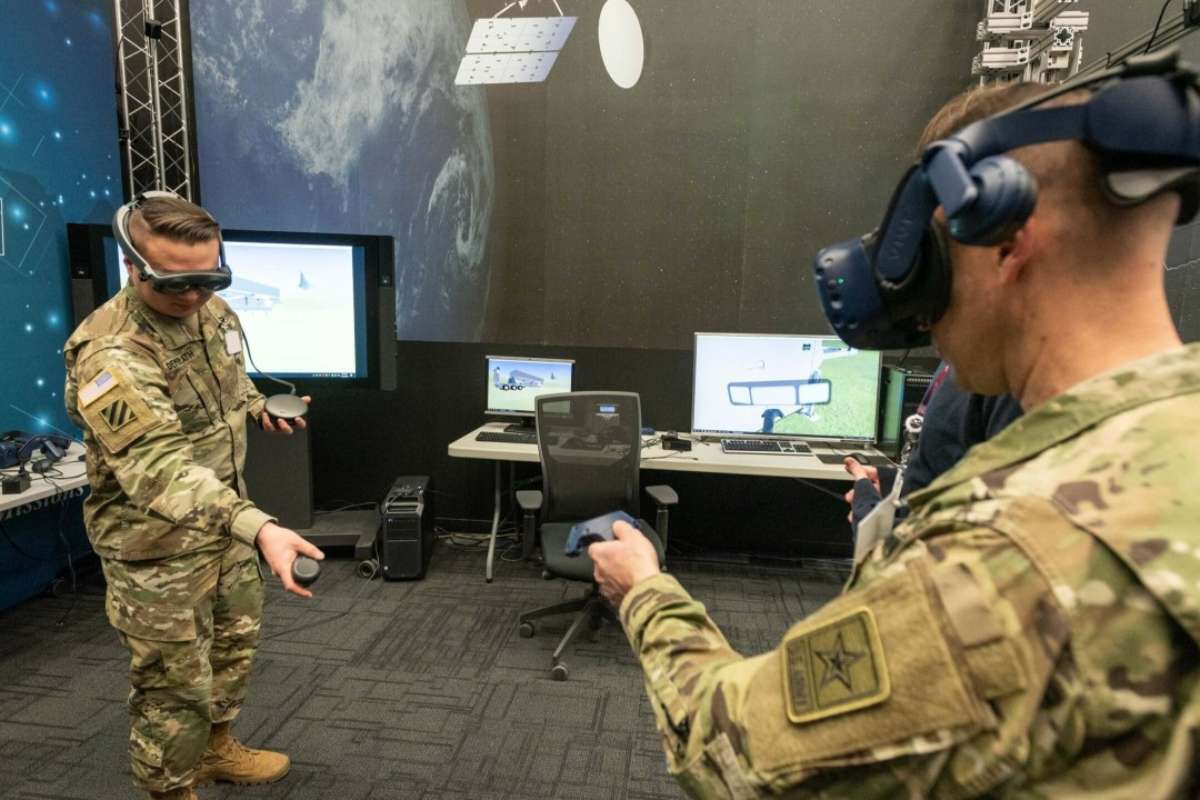With the cybersecurity talent gap widening globally, military veterans are emerging as a key solution to the shortfall. Their background in discipline, threat analysis, and mission-critical decision-making makes them ideal candidates for cybersecurity roles, according to a report by Dark Reading.
Organizations like My ComputerCareer and nonprofits such as VetSec and TechVets are helping former service members transition into the cyber workforce. These military veterans bring with them a deep understanding of operational protocols and often hold security clearances, allowing them to integrate quickly into sensitive roles in both government and private sectors.
Industry experts also point to specific regions—like Colorado Springs and Fairfax County—as hubs where veteran recruitment into cybersecurity is actively supported. These areas have a strong defense presence, making it easier for military veterans to find roles aligned with their military experience. Certifications such as CompTIA Security+ and Offensive Security Certified Professional (OSCP), coupled with hands-on labs, are enabling faster career pivots.
A Reddit user and veteran shared:
“Two superpowers that all military members have:
1) the ability to learn on the fly, and
2) drive for results.”
This sentiment reflects the growing confidence that veterans, with the right upskilling, are poised to become cybersecurity’s next major workforce.
Airbus Equips French military veterans with Advanced Cyber Training Platform
While talent pipelines are critical, equally vital is hands-on, realistic training. Airbus Defence and Space recently secured a contract to supply the French Armed Forces with its CyberRange training platform, as reported by Military Embedded Systems.
The CyberRange simulates real-world cyberattacks—such as malware infections, DDoS events, data leaks, and even disinformation campaigns—across military-grade IT and OT environments. It also replicates interactions with C4ISR and weapons systems, allowing personnel to rehearse cyber defense strategies under pressure.
Designed to support France’s major defense exercises like Orion and DefNet, the platform introduces dynamic “life simulations” where actors mimic human behavior—accidental or malicious—within the digital landscape. Airbus has also committed to working with local AI-driven startups to continually enhance the training system’s realism and effectiveness.
This initiative is already extending beyond the military: universities and public-sector agencies in France are integrating CyberRange into their curricula and hosting youth-focused events such as the “Passe ton Hack D’abord” hackathon.
Bridging the Talent Gap and Strengthening National Resilience
Together, these developments represent a dual-track approach to cybersecurity readiness: harnessing the human capital of military veterans and investing in cutting-edge simulation technologies.
Veteran retraining initiatives offer governments and private organizations a disciplined, security-cleared workforce, while platforms like CyberRange ensure that cyber professionals—from recruits to seasoned operators—remain prepared for modern digital threats.
This convergence of talent and technology reflects a broader shift toward integrated cyber defense strategies—ones that rely not just on tools, but on trained minds and simulated experience. As nations face increasingly sophisticated attacks, the combination of veteran insight and high-fidelity training will likely form the backbone of future cyber resilience.
Sources:
https://www.darkreading.com/remote-workforce/military-veterans-cybersecurity






